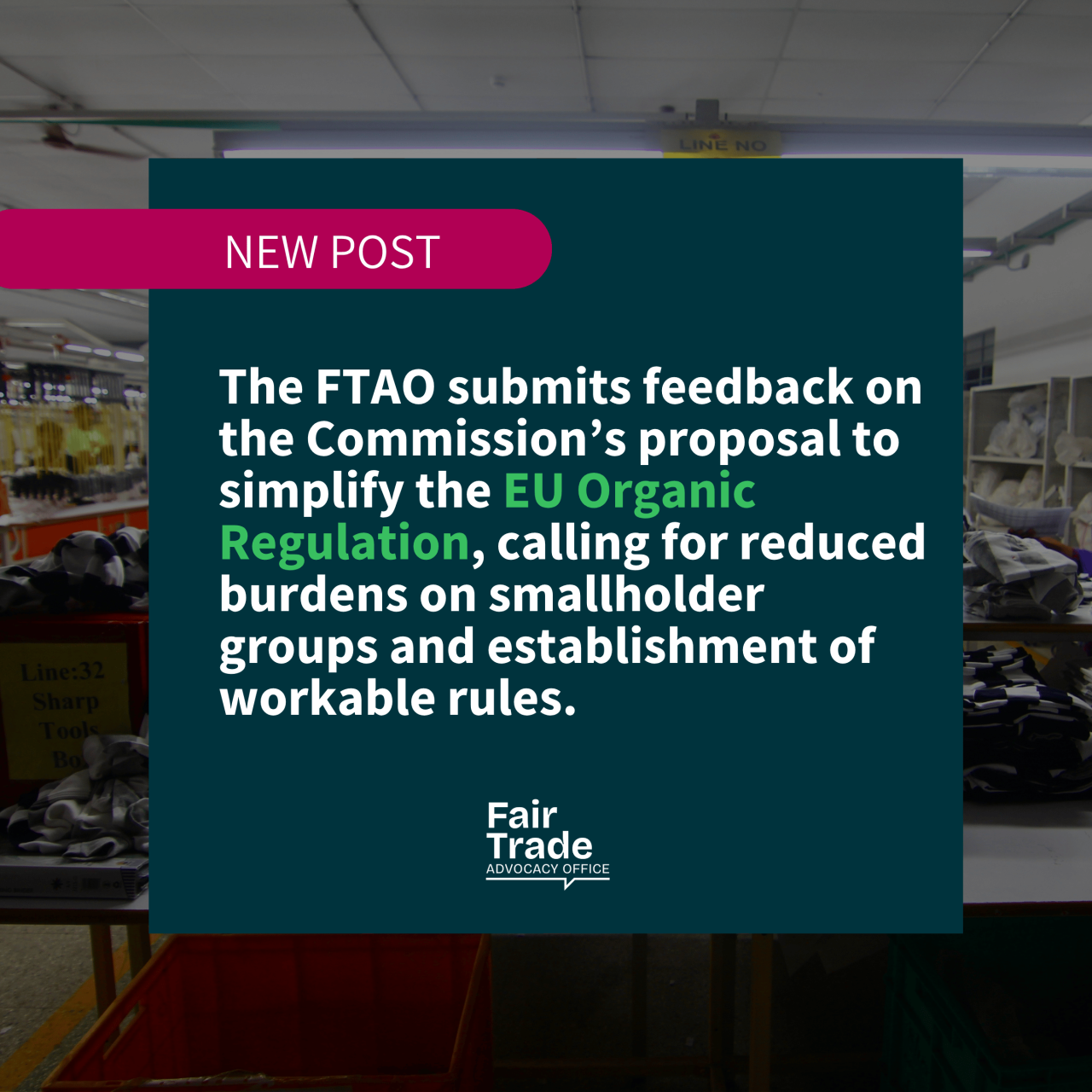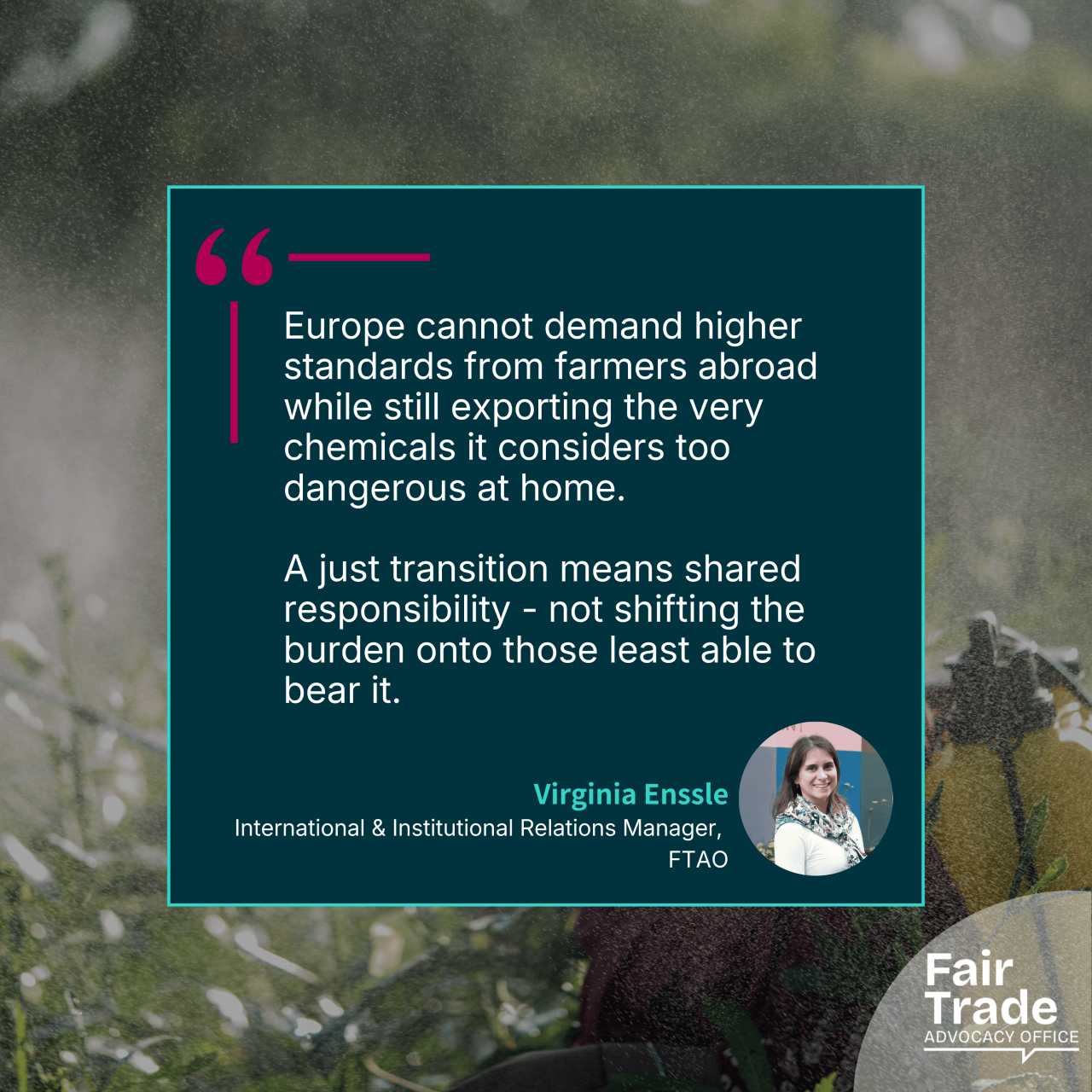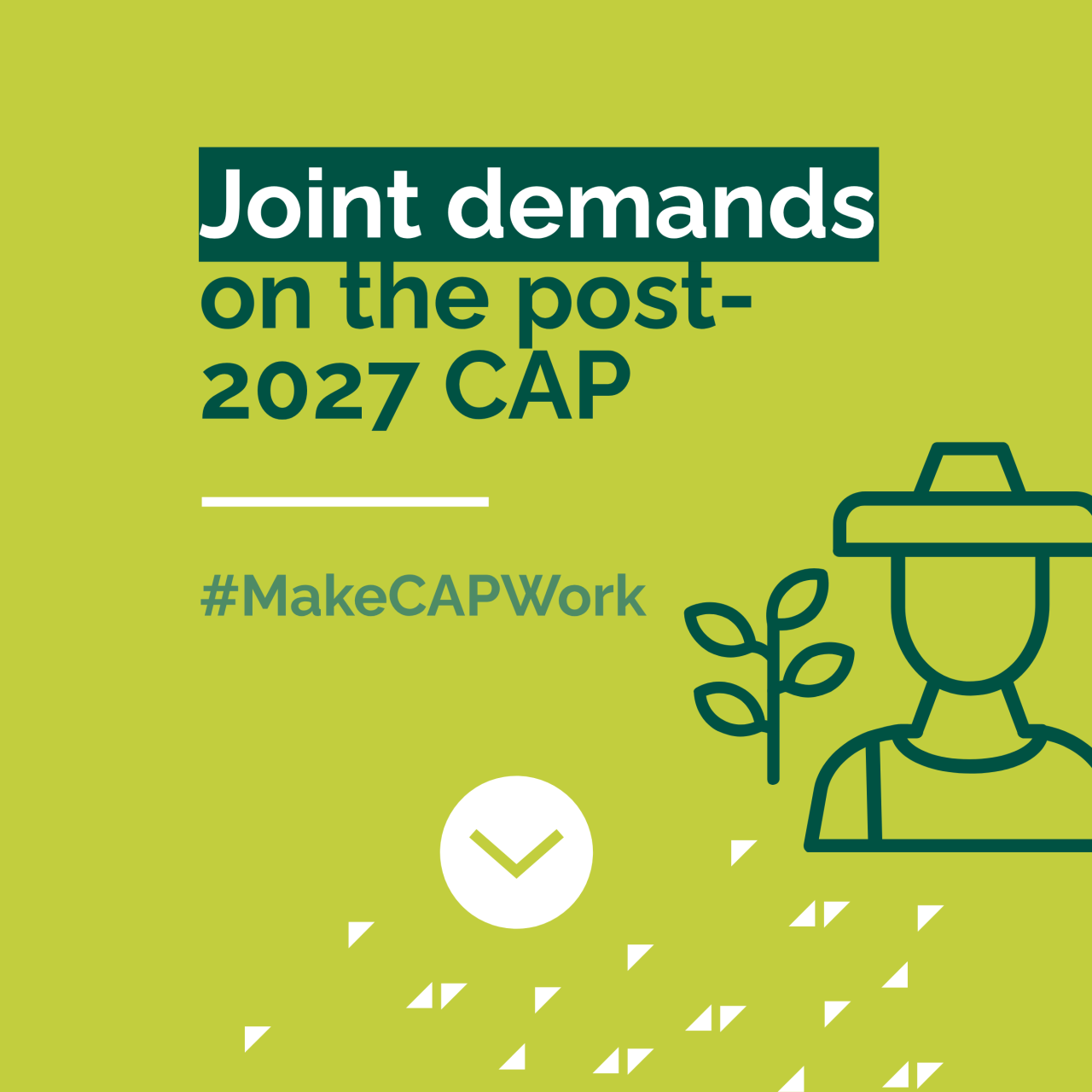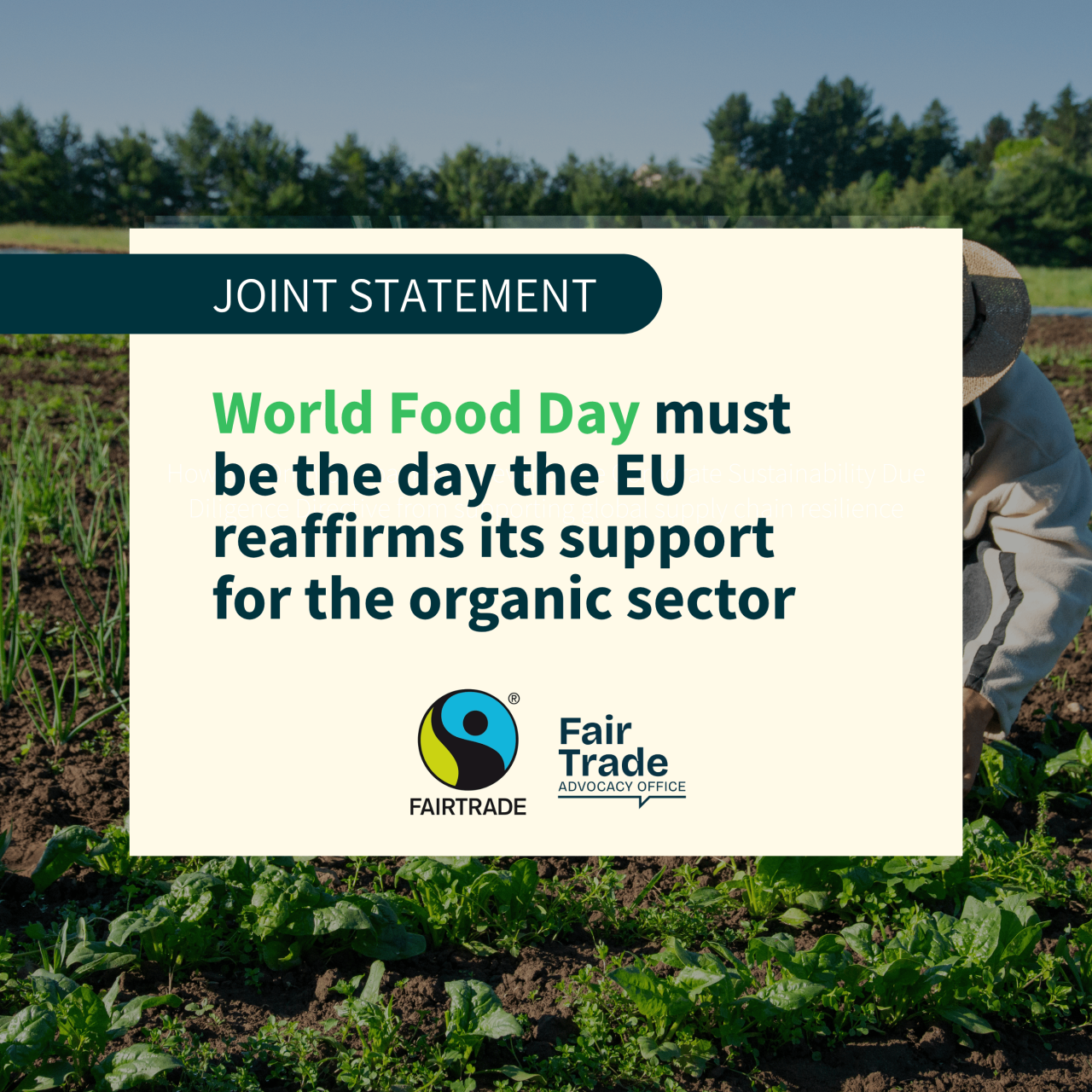The FTAO's feedback on the European Commission's proposal for the simplification of the EU Organic Regulation

The Fair Trade Advocacy Office (FTAO) welcomes the Commission’s initiative to simplify Regulation (EU) 2018/848 and related acts to ease implementation for organic producers. The EU organic sector sustains high-standard trade with third countries, with EU organic exports worth ~€11 billion in 2023 and over 1,000,000 tonnes of tropical fruit, coffee, tea, cocoa and spices imported the same year. Since 15 October 2025, however, European operators have faced customs hold-ups on organic imports because many non-EU producers struggle to comply with new control requirements under Regulation (EU) 2018/848 and Regulation (EU) 2021/279. Certification costs have increased by up to 200%, threatening supply continuity, affordability for EU consumers, and the viability of smallholder cooperatives.
Issues to address
- Fixed eligibility thresholds in the EU organic framework—especially for “groups of operators”—do not reflect real market conditions, legal frameworks in partner countries, or recent commodity price volatility (notably cocoa and coffee since 2024).
- The current €25,000 annual turnover cap and 5-hectare (0.5 ha greenhouses; 15 ha grassland) plot-size caps create churn between group and individual certification purely due to price swings or inflation, without improving assurance outcomes.
- The obligation to create a new legal entity for groups >2,000 members is impractical for many producer organisations and can conflict with national cooperative laws.
- The expiry of equivalence certificates on 15 October 2025 for countries moving to the compliance regime has created legal uncertainty and customs disruptions.
Recommendations
- Amend the definition of “group of operators” (Article 36)
Adjust Article 36(1)(d) to read: “have legal personality (of its own or as a production unit within the legal personality of a farmers’ organisation according to national law)”. This enables sub-groups of up to 2,000 farmers within small producer organisations (including those with mixed organic/non-organic or individually certified members), aligns with national laws, and avoids costly re-incorporation. - Remove rigid economic and area thresholds; retain the proportionality test
- Delete from Article 36(1)(b) the phrases “maximum turnover €25,000 and standard output €15,000”.
- Delete plot-size caps (“five hectares; 0.5 ha greenhouses; 15 ha grassland”). If full deletion is not acceptable, increase thresholds closer to 20–30 ha.
- Retain the risk-based rule that individual certification costs must exceed 2% of each member’s organic turnover or standard output for group eligibility. This proportionality test is better aligned with affordability (individual certification in many third countries is €1,000–€1,500/year, i.e. 4–6% of turnover for smallholders) and with assurance objectives. - Create legal certainty via a targeted transition and longer recognition horizon
- Grant a new transition period until 31 December 2026 for actors moving from equivalence to compliance, to prevent customs gridlock and allow orderly adaptation by operators, control bodies, and authorities.
- Amend Article 48(1) so recognition of agreements expires on 31 December 2036, and adjust Delegated Regulation 2021/279 accordingly. As well as swiftly negotiating new agreements with other countries.
These measures would keep the EU organic market’s integrity and resilience, protect consumers, and sustain fair trade value chains with smallholder farmers and small producers.
Get in touch
For more information, please contact Virginia Enssle, International and Institutional Manager at the FTAO, at enssle@fairtrade-advocacy.org

More From The Workstream

Fair Trade Movement calls on EU to adopt a just, global phase-out of Highly Hazardous Pesticides

The Fair Trade Movement welcomes amendments proposed by the European Commission to group certifications in the EU Organic Regulation

+30 CSOs launch joint demands on the post-2027 Common Agricultural Policy (CAP)
